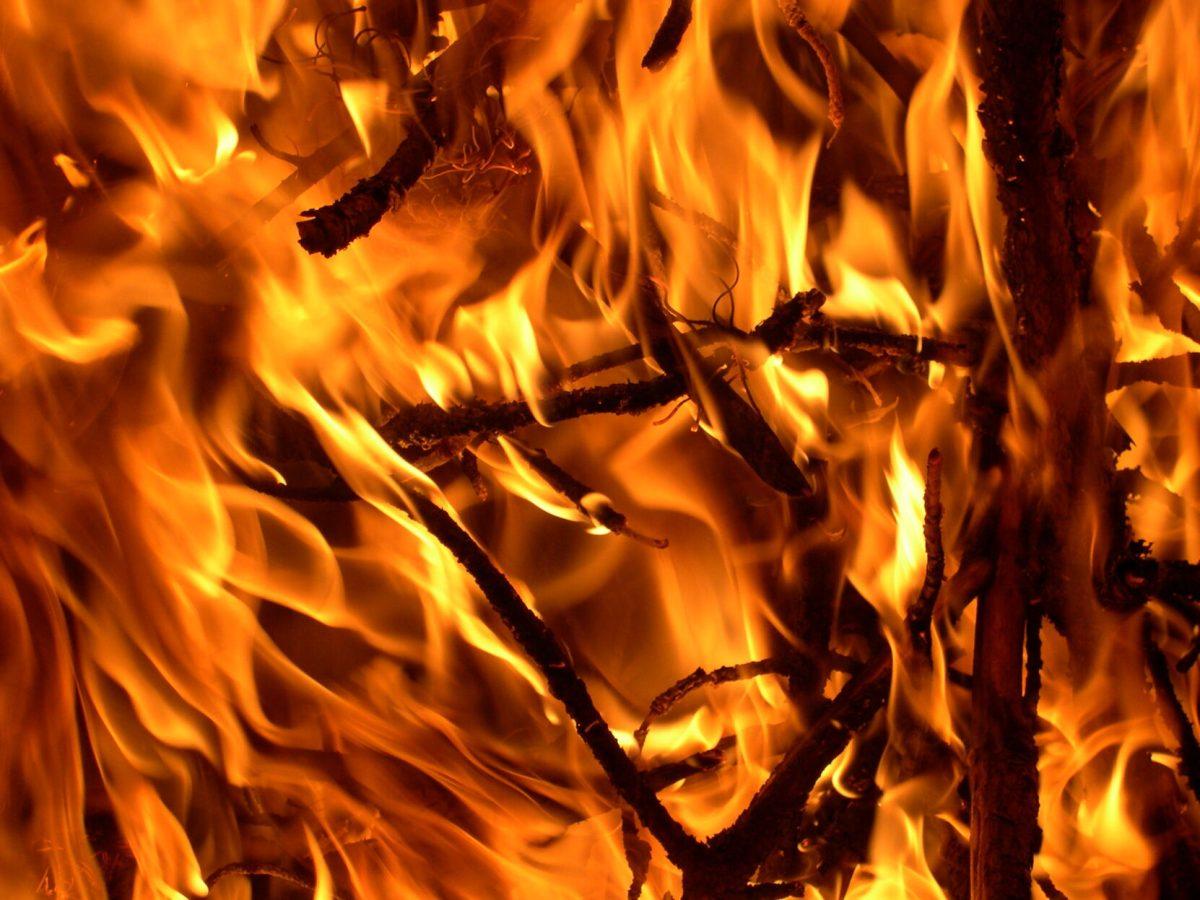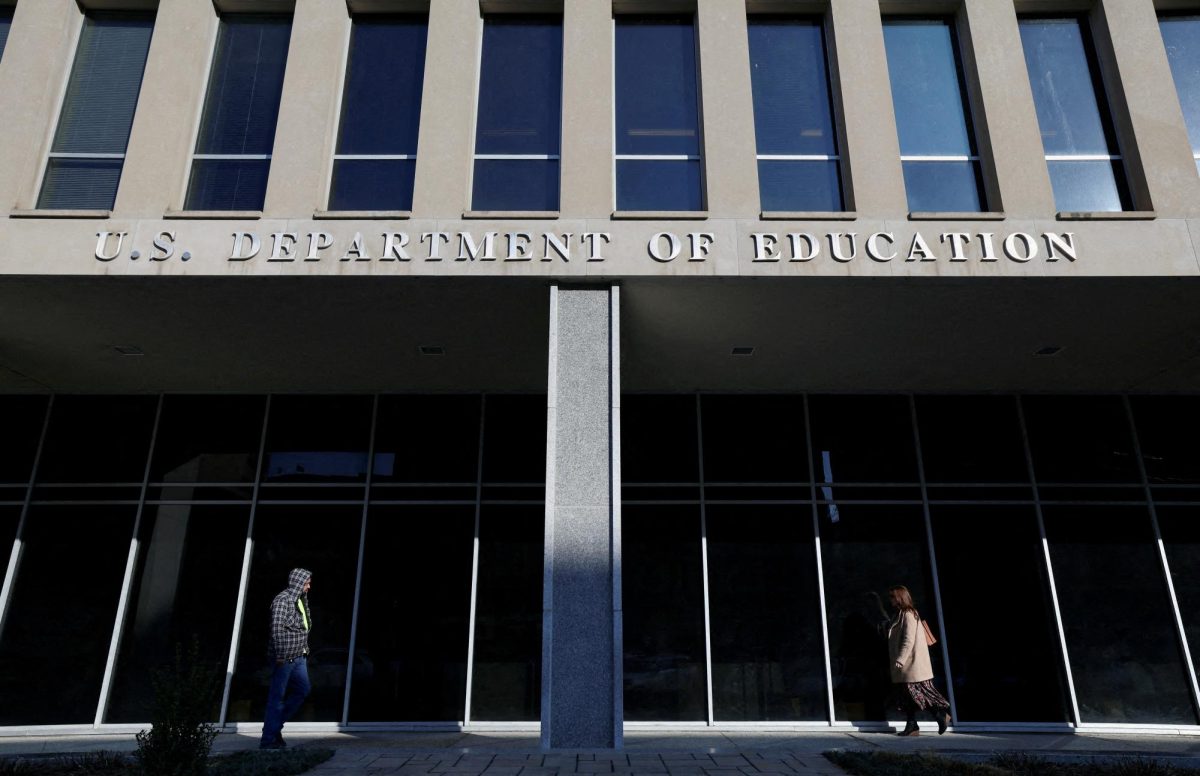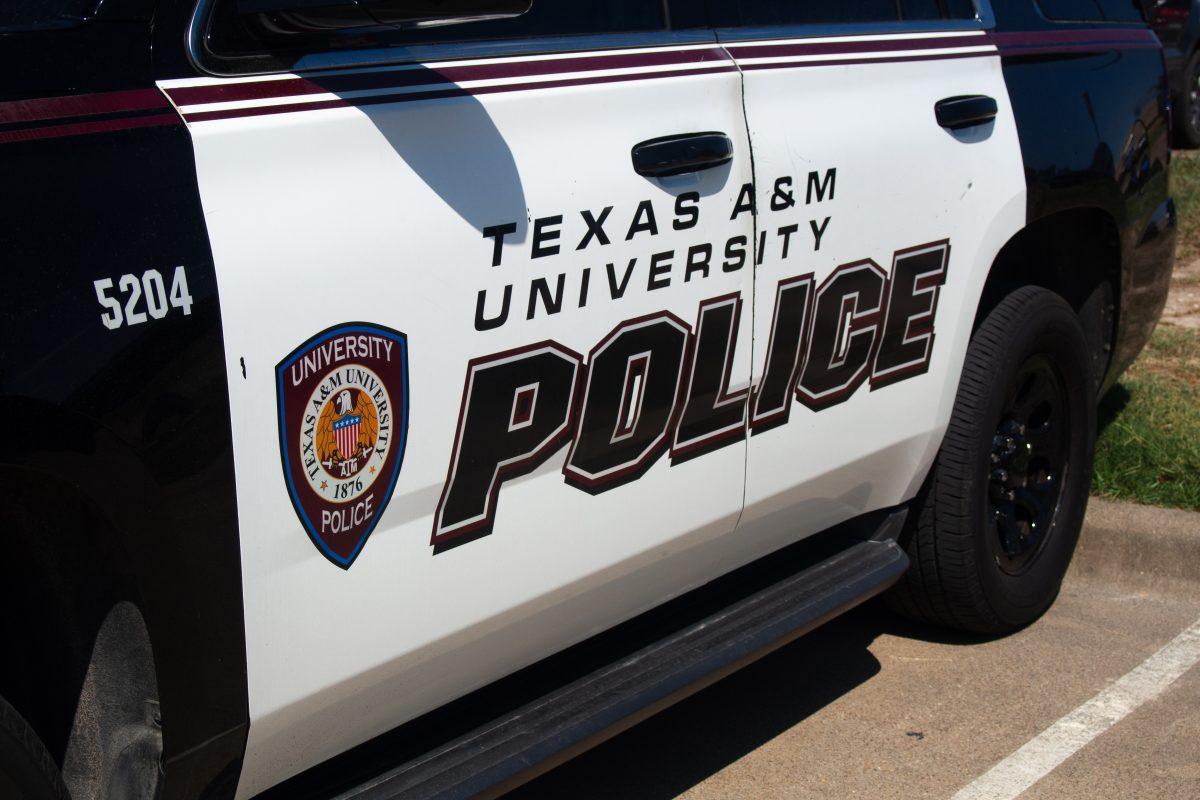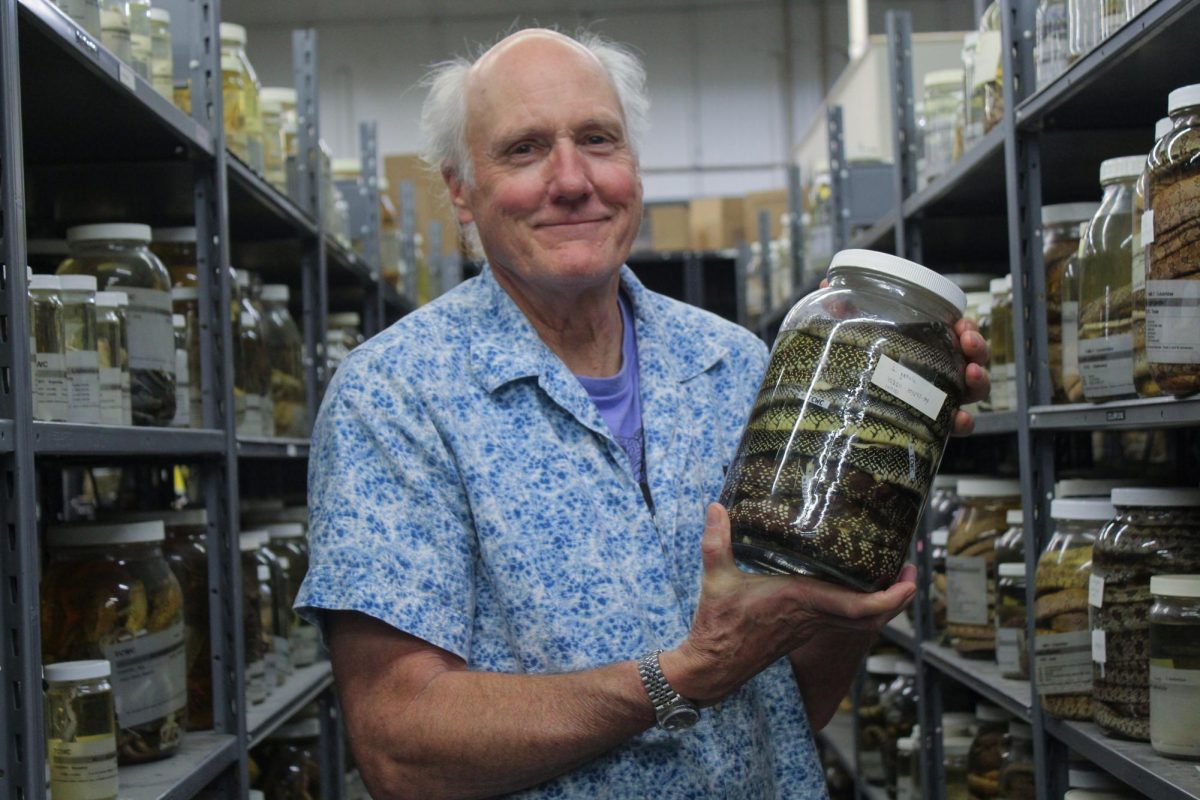From macaroni cups to overheated popcorn, there are a variety of unexpected ways for a fire to start from students’ everyday tasks.
After multiple recent — and large — fires as well as others earlier in the academic year, the College Station Fire Department reminds community members of the importance of fire prevention in the area. Though Brazos County is not currently under a burn ban, the increased heat in the summer months may cause drier conditions which can increase the risk for fires.
The month of April has seen multiple large fires, including the Sundance Apartments fire in the late evening of April 9, which saw two units destroyed and 14 others affected, Executive Director of the local chapter of the American Red Cross A.J. Renold told KBTX. Though the exact reason for the fire is still unclear, Fire Chief Richard Mann told KBTX the fire could have begun from discarded smoking materials.
“We actually got on location in two minutes from the time we were dispatched until the time we arrived on location,” Mann said. “Just those couple of minutes [seen in videos on Twitter] we were able to get how fast that fire grew within just those couple of minutes.”
Just a week before, on April 3, the Chicken Oil Company also saw a fire which resulted in major damage within the restaurant and has since announced it will be closed indefinitely. After being further investigated, it was discovered that a cigarette was the cause of the fire, according to KBTX.
Additionally, a fire was also reported the afternoon of March 3 at Park West apartments, which left no injuries and limited damages due to the building’s sprinkler system.
With the number of fires reported, College Station Fire Department community outreach specialist Meghan Reed said it is important to be aware of the major causes of fires, including smoking and the enhanced risk of fires with alcohol use.
“If you look at the numbers, the leading cause for fatal on-campus fires is actually smoking related,” Reed said. “A lot of what they see is students who may be partaking in alcohol or some kind of substance, and then they light a cigarette, and maybe they forget that they had it or fall asleep.”
Reed also recommended limiting the number of candles and incense, which are easy to forget about and can easily start a fire because of the open flame.
“Things like incense or gas stoves with the fire can all be kind of dangerous,” Reed said. “Minimizing the amount of fire in general, but then also practicing safe practices when you are using them, like not [using] inhibiting substances [at the same time].”
Since fires are not completely preventable, Reed said it is important to also be prepared in case a fire breaks out. She recommends each home has at least one fire extinguisher that all household members know the location of, as well as fire detectors in each room.
“Making sure that you have a fire extinguisher, and knowing where it’s at, making sure it’s in date, and functional, those are all really important things,” Reed said. “A lot of people like to keep their fire extinguishers shoved under the sink behind all the chemicals, and then when you need it, nobody knows where it’s at.”
It’s also important to have a plan if a fire does break out and individuals have to evacuate, Reed said. She recommends having a meeting spot with roommates and pets in the apartment so everyone can be accounted for while firefighters work to put out any potential fires in the building.
“If there is a fire and we don’t know if everyone’s accounted for, the firefighters will have to assume that that person is still in the fire and it can be really dangerous for everyone if they’re running around looking for someone in the fire that isn’t even in there,” Reed said. “Having a meeting place [is] a way to kind of touch base with everyone in your household to make sure everyone is safe and out of the fire [and] is super helpful for the department.”










